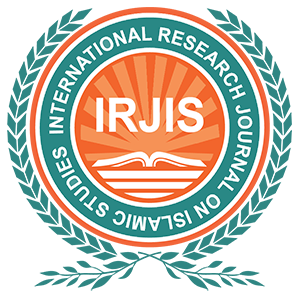Abstract:
Muslims have always upheld the multiplicity of the Qur’anic readings (qirāᵓāt), as sanctioned by the Prophet of Islam, who proclaimed that the Book was revealed in seven aḥruf. The Companions of the Prophet transmitted these readings faithfully to the next generations. These variant readings were subsequently standardized during the second and the third century of the Islamic era. The Muslims developed a consensus on reading the Qur’an according to one of the ten well-known canonical readings. This process continued until modern times when some Muslim modernists embraced scripturalism. Muslim modernists from Pakistan including Amīn Aḥsan Iṣlāḥī (d. 1997) and Javed Ahmad Ghamidi have rejected all the variant readings except the reading of Ḥafṣ ᶜan ᶜĀṣim, declaring the rest of the canonical readings as non-Qur’anic. Ghamidi has repudiated the seven-aḥruf narrative as militating against the Qur’an, commonsense, and history. This article studies Ghamidi’s criticism of the seven-aḥruf narrative through a historical-critical and philologicals method. This investigation shows that the Ḥadīth about the seven aḥruf enjoys overwhelmingly certain support, provides conclusive proof for the permissibility of the variant readings of the Qurᵓān, contrary to the claim of Ghamidi, who rejects it as militating against commonsense and the Qur’an.
Keywords: Scriptural Interpretation, Seven Aḥruf Narrative, qirāᵓa, qirāᵓāt, Amin Ahsan Islahi, Javed Aḥmad Ghamidi.

